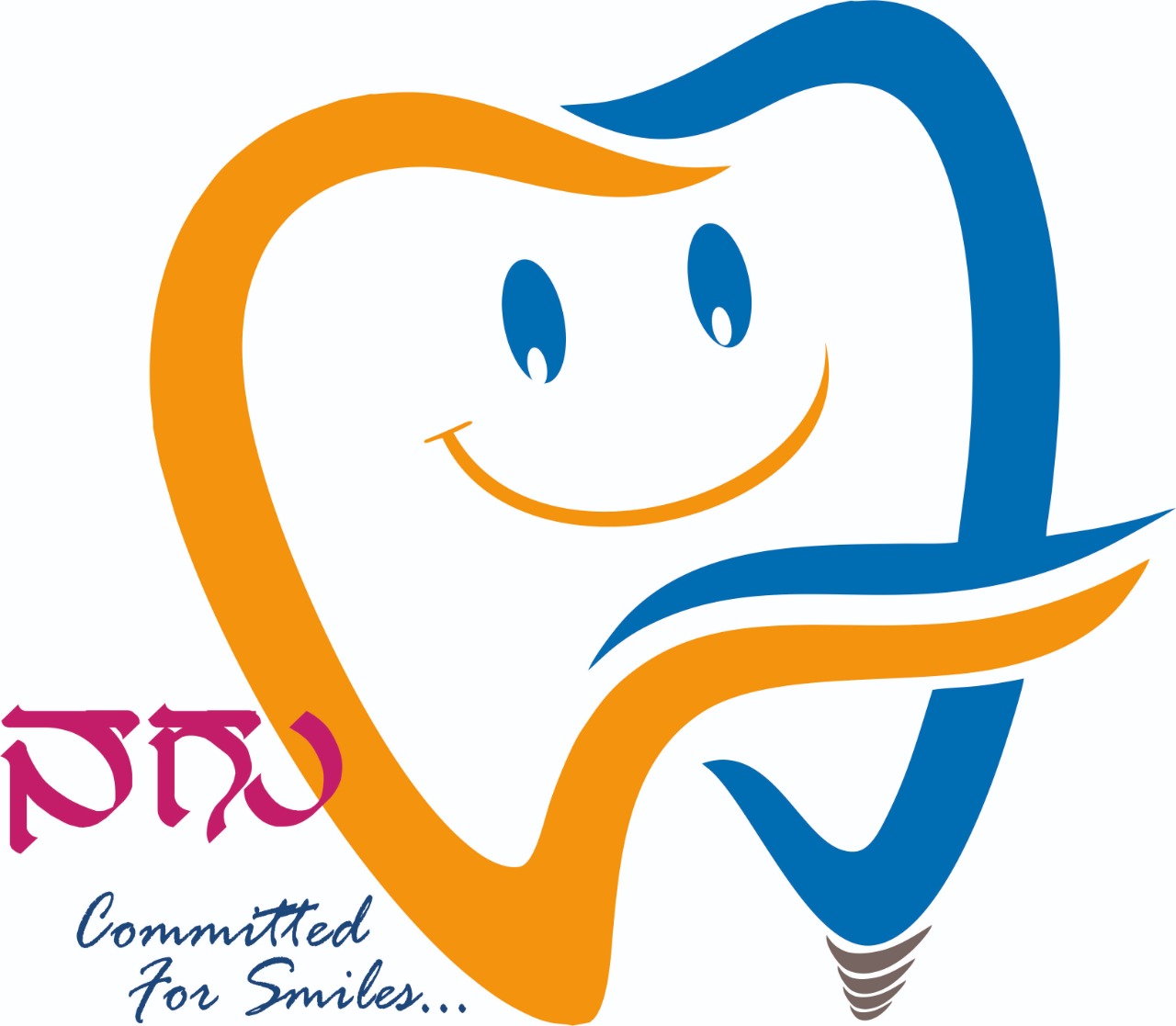Gum Disease Treatment Near Channapatna
- 3 months ago
- Dental Implant Treatment In Channapatna ,
- ORTHODONTICS IN CHANNAPATNA ,
- Advance bone grafting Treatment Channapatana ,
- Invisible Braces Treatment Channapatana ,
- Dental Implants Treatment In Channapatana ,
- Dental General Checkup in Channapatna ,
- Gum Disease Treatment Near Channapatna ,
- TEETH WHITENING TREATMENT IN CHANNAPATNA ,
- Scaling and Polishing Treatment Channapatana

Contact : +919901344447
Gum Disease Treatment
Gum disease, also known as periodontal disease, is a common but serious condition that affects the tissues surrounding and supporting your teeth. It can lead to tooth loss if not addressed promptly. Understanding gum disease treatment is crucial for maintaining oral health and preventing more severe issues.
Understanding Gum Disease
Gum disease begins with gingivitis, characterized by inflammation of the gums. Common symptoms include red, swollen, and bleeding gums, especially during brushing. If left untreated, gingivitis can progress to periodontitis, where the inflammation extends deeper into the supporting structures of the teeth. This can result in gum recession, bone loss, and eventual tooth loss.
Effective Gum Disease Treatment Options
1. Professional Cleaning
The first step in treating gum disease is a thorough dental cleaning. Professional cleanings, also known as scaling and root planing, remove plaque and tartar buildup from the teeth and beneath the gum line. This procedure helps to eliminate bacteria and reduce inflammation. Regular dental visits for cleanings are essential for preventing and managing gum disease.
2. Antimicrobial Therapy
In cases of more advanced gum disease, your dentist may recommend antimicrobial treatments. These treatments can include antibiotic gels or mouth rinses applied directly to the affected areas or oral antibiotics taken in pill form. These medications help to control bacterial infection and promote healing of the gums.
3. Scaling and Root Planing
Scaling and root planing is a deep-cleaning procedure that goes beyond standard dental cleanings. It involves scraping away tartar from above and below the gum line and smoothing the roots of the teeth. This procedure helps to remove bacterial toxins and promotes the reattachment of gums to the teeth, reducing pockets where bacteria can accumulate.
4. Surgical Treatments
For severe cases of gum disease, surgical interventions may be necessary. Procedures such as flap surgery or gum grafts can be performed to restore gum tissue and reduce periodontal pockets. Flap surgery involves lifting the gums to clean the roots and then suturing them back into place. Gum grafts may be used to cover exposed roots and regenerate lost gum tissue.
5. Lifestyle Changes
Effective gum disease treatment also involves making lifestyle changes to support oral health. This includes maintaining good oral hygiene practices such as brushing twice daily with fluoride toothpaste, flossing daily, and using an antimicrobial mouthwash. Additionally, quitting smoking and managing health conditions like diabetes can significantly improve gum health and overall treatment outcomes.
Preventing Gum Disease
Prevention is key to avoiding gum disease. Regular dental checkups and cleanings are essential for early detection and treatment of gum disease. Practicing good oral hygiene at home and making healthy lifestyle choices can help keep your gums healthy and prevent disease progression.
Conclusion
Gum disease is a serious condition that requires timely and effective treatment to prevent complications. Professional dental cleanings, antimicrobial therapy, scaling and root planing, and surgical treatments are all part of a comprehensive approach to managing gum disease. By adopting good oral hygiene practices and making necessary lifestyle changes, you can maintain healthy gums and a beautiful smile.
If you suspect you have gum disease or are experiencing symptoms, consult with a dental professional to discuss the best treatment options for your situation. Regular dental visits and proactive care are essential for maintaining optimal oral health and preventing gum disease.
